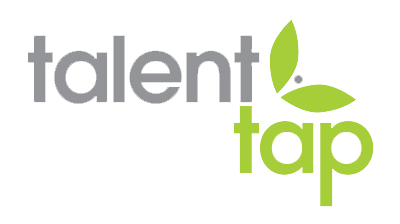Avoiding A Bad Hire
Bernadette Hill
January 8, 2025

It’s happened to every company at some point: You hire a person you think is going to be a rock star and help drive your business forward, but what you get instead is a poison pill who is threatening to self-destruct and wipe out your forward progress.
Now, depending on when you realized that this was an experiment in futility, this can be a huge financial blunder. How much? Well, CareerBuilder says that two-thirds of companies have hired the wrong person and 41% of those companies claim that it ended up costing them more than $25,000. Worse yet, one in four of those said it cost more than $50,000. These are make or break numbers, folks.
The kicker? It almost always could have been avoided. Sure, it’ll take a little more effort up front, but who doesn’t want to do that as opposed to losing $50k on a bad bet? With a little bit of planning you can make sure that you avoid a cultural and financial disaster.
Here’s how:
- Profile your most successful employees. Find out what makes them tick. Then, after you’ve collected that info, ask them for input. These are the people that will be working with new hires daily; you’ll be amazed at what they offer.
- Write a job description. This is not optional. If you’re just going to “wing it” then how in the world would an employee even know what to do? If you can’t write one yourself, hire someone to do it.
- Interview, and do it right. Be prepared, have questions prepped based on their resume and cover letter. Take notes based on what your employees told you. Oh, and be ready to spend 75% of the time listening, not talking. It’s all about listening.
- Don’t fall in love. I don’t care if this is “the one”, you’ve got to meet several candidates for the gig. This is a weird form of corporate speed dating and it’s tough to master, but if you settle for the first resume across your desk, well, just remember what a $50k mistake feels like.
- References are your friend. If the candidate isn’t willing to cough them up, be wary. These are the people you need to talk to in order to see how your potential employee handles pressure, workload and other people.
- Bring in your current rock stars. Encourage key team members to participate andif they need to be trained on fundamental interview best practices, then offer it. Think of it as an investment.
- The first place to look for new employees is from candidate referrals from your existing staff and established advisors and peers. It helps take the guesswork out of the process.
Now, without using names, I’d like to hear about some of your bad hire experiences and how you handled it. And, if you’re wondering, “Dealing with a Bad Hire” will be featured soon!
Share This Post!
Talent Tap Trends & Insights | Lancaster, PA



